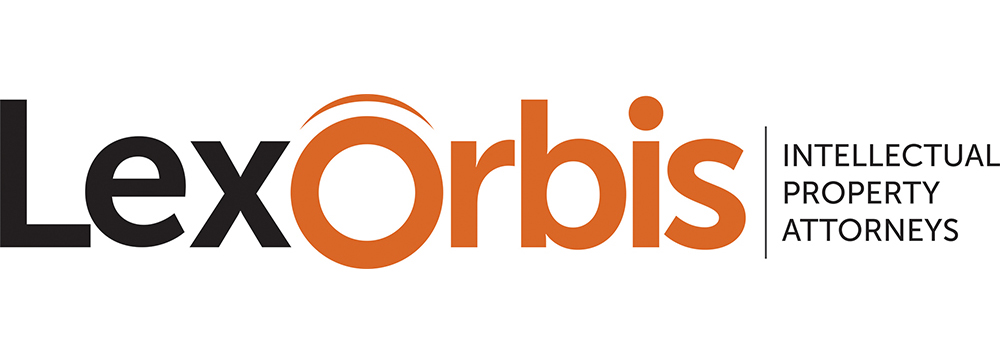A patent enshrines not only a bundle of rights given to an innovator or inventor, but also provides them with a timeframe for monopoly as given under the Agreement on Trade Related Aspects of Intellectual Property Rights (TRIPS) regime.
TRIPS also provides for the concept of “compulsory licensing”, the mechanistic formula in order to check the abuse of patent rights, especially by pharmaceutical giants, which flows from the rigidity of a country’s patent system.
The following is a brief overview of compulsory licensing as practised in India.

LexOrbis律师事务所
首席律师
Principal Associate
LexOrbis
Licence: the last resort
A compulsory licence (CL) is a statutory licence provided by the government by way of which a generic company is allowed to manufacture and sell a generic version of the patented drug at a cheaper price. The sale of this generic drug is generally a move opposed by the patentee.
You must be a
subscribersubscribersubscribersubscriber
to read this content, please
subscribesubscribesubscribesubscribe
today.
For group subscribers, please click here to access.
Interested in group subscription? Please contact us.
你需要登录去解锁本文内容。欢迎注册账号。如果想阅读月刊所有文章,欢迎成为我们的订阅会员成为我们的订阅会员。
Neha Mittal is a principal associate and Divya Srinivasan is an associate of LexOrbis
709/ 710, Tolstoy House, 15-17 Tolstoy Marg New Delhi – 110 001 India
电话 Tel: 91 11 2371 6565
传真 Fax: 91 11 2371 6556
电子信箱 E-mail:
neha@lexorbis.com
divya@lexorbis.com
www.lexorbis.com





























